Women’s Empowerment and Girls’ Education
- Ezekiel Mavolo
- Apr 17, 2025
- 3 min read
By
Mahawa Komala & Esther Kpaku
On March 8, 2025, everyday gandhis Women’s and Girls’ hands-on circle on Women's Empowerment and Girls’ Education was conducted. It was an interactive session in which participants, including males, from around Lofa County (Foyah, Kolahun, Barkedu, Segela, Zozoma, Bakuma, Boyamai, and Voinjama) were invited to discuss issues affecting women, girls, and children. The turnout was great. We had ninety-eight participants, and the discussions were held at the everyday gandhis new compound in Voinjama, Lofa County.
As usual, opening and welcome remarks were made, followed by self-introductions (names and community). The interaction started with a question on ‘how we can empower women and girls in our communities and homes with minimal support’, and thoughts across the circle pointed to keeping girls in school (academy or skills learning), building their confidence, mothers leading by example, engaging in mini-shop business, giving women leadership responsibilities, and financial supports. In fact, many of the women who participated already realize the benefits of skill training, small shop business, and education; they shared their experiences across the circle for others to learn, especially the young ones. Some of the women who took part in the circle are single mothers who still support their families and keep them together due to women's empowerment. Some of the women said that women's empowerment can be as minimal as building confidence, reassuring them that they can overcome any obstacles and become who they want to become in society.
Yassah Gayflor from Zozoma Town said that as a farmer and businesswoman, she started her mini shop after the harvest of her eddoes farm; she traveled to Macenta (Guinea Conakry), sold the eddoes, bought goods, and started her mini shop. Since then, she has been able to provide for her family. She encouraged or advised the youth/young that the simple success formula is “DETERMINATION + EFFORT = SUCCESS.” She said that whatever you do, you will succeed once you are determined and make an effort. Her story inspired everyone, especially the everyday gandhis Women and Girls Program (WGP). It makes us start thinking of empowering women farmers or gardeners with Permaculture (PC) skill training to increase their productivity, reduce intensive labor, and achieve financial stability. This can also allow previously farmed land to grow into a forest.
switching gears, the circle was asked another question about how best to keep our girls in school and whether some parents know the importance of girls' education. From the conversation, the lack of parental support for girls in higher institutions may have derived from a cultural mindset passed down from generation to generation or forefathers. By then and even now, some parents still hold on to the belief that girls will end up being part of another family and bearing the name of their husband; therefore, equal chance to education with boys has been a significant concern for many.
As the circle gets so much interactive, parents, girls, and the male participants tried to understand some of the causes of school dropout for girls; early marriage, and teenage pregnancy were emphasized. Some girls spoke out that many of their parents stopped providing daily needs (sanitary pads, soap, grease oil, lotion, etc) as early as possible in their early teens; according to many of them, this can lead to possible obstacles to their education, such as pregnancy, early marriage, and pregnancy complications (operation, blood transfusion, and potential death), because they are compare to seek helping hand elsewhere. At some point, they may be expected to contribute tuition, get school supplies by themselves, and go on the farm so that food is given to them; otherwise, they will have to feed themselves too.
Violence against women and girls was also touched on, as usual, there was hailing and pulling between the men, women, and girls. But in the end, everyone understood that men have their role to play to avoid domestic violence against women, and so do women and girls; men were told that ‘their wives are not their slaves, but rather partners living and working together to build a family. Respect is vice versa; both partners need respect, and it is not only the men. We focused more on prevention by making men and women know their roles to avoid any form of domestic violence, rather than waiting for it to occur.
In conclusion, the discussion was interactive, with questions looming across the circle, trying to understand issues better, their causes, and ways to resolve them easily. Here at the everyday gandhis women and Girls Program, we will continue this awareness across the region.


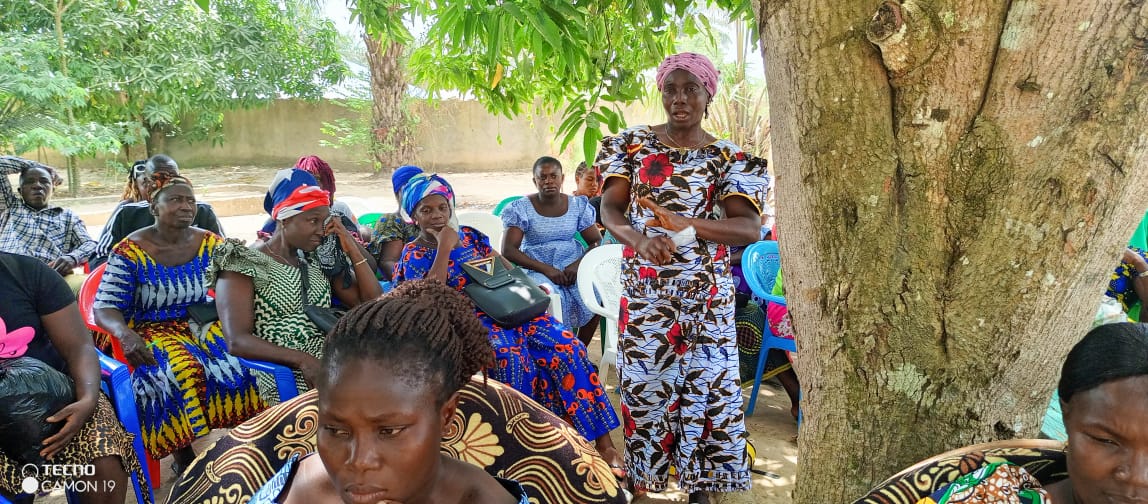



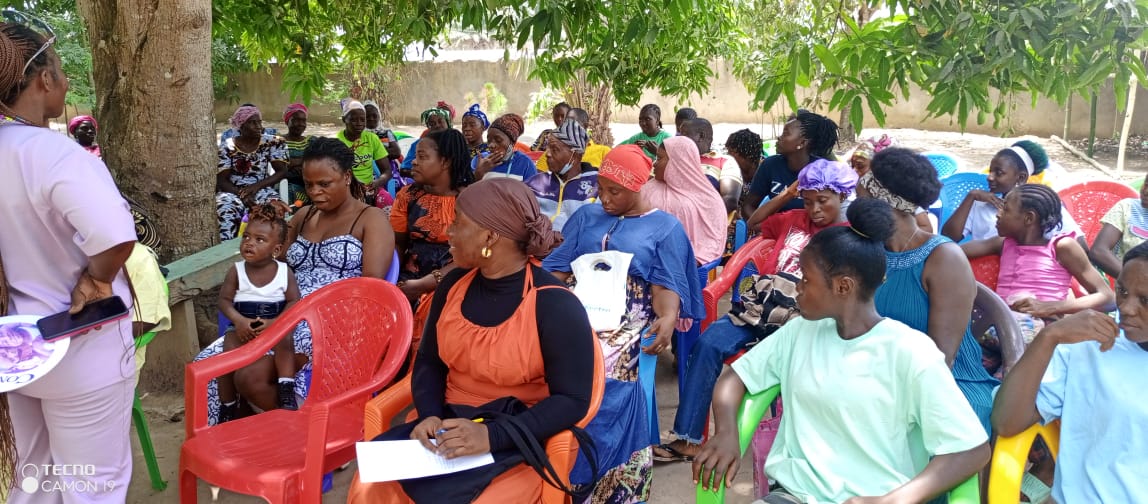

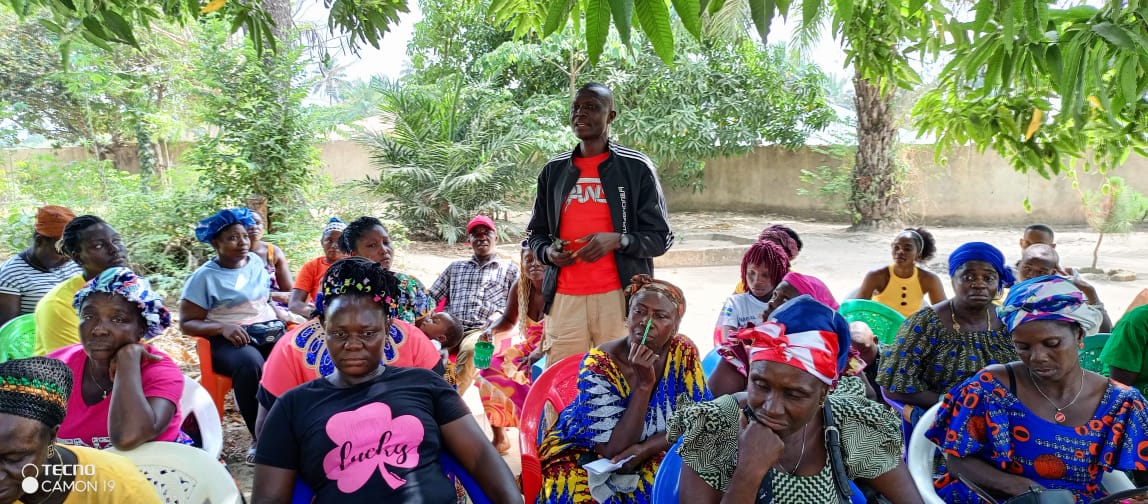

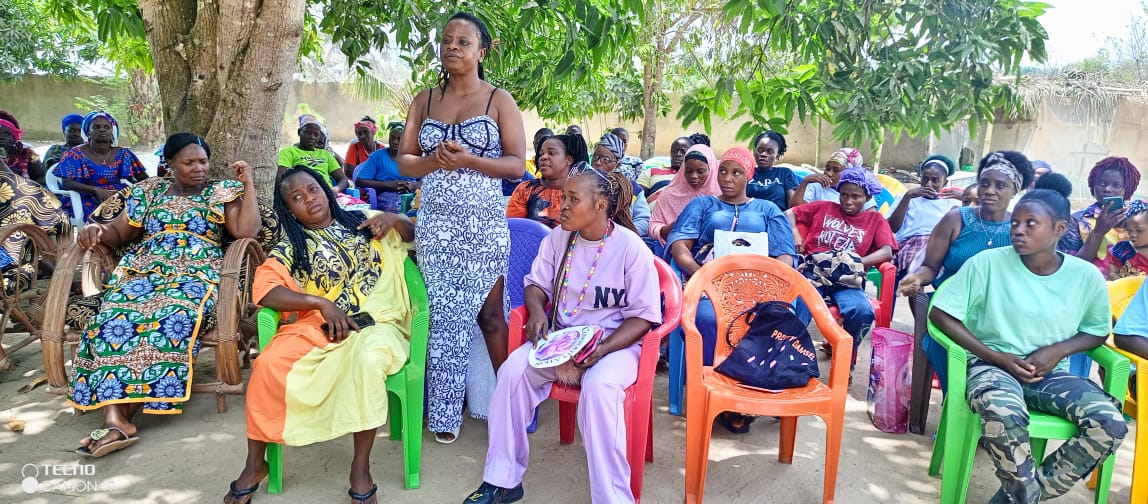

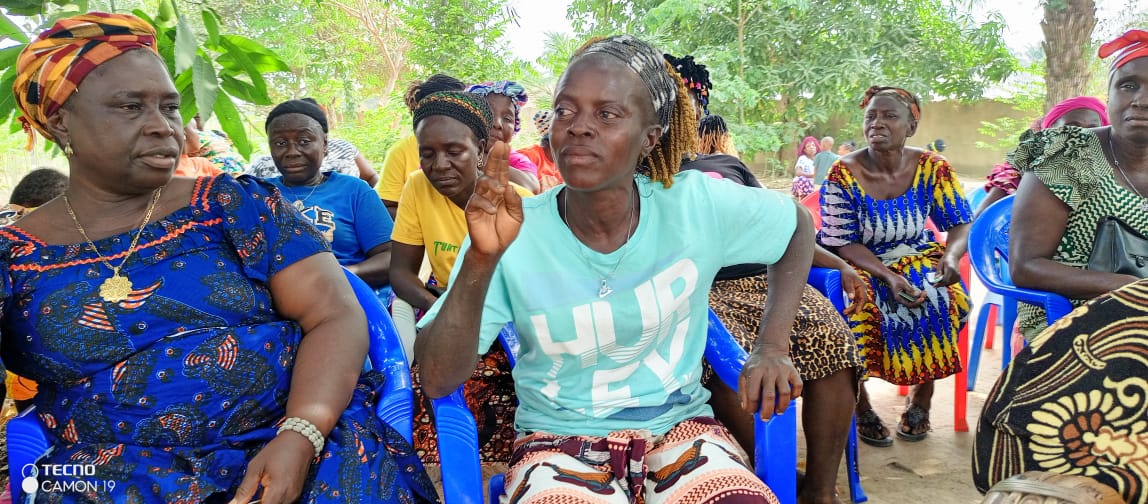

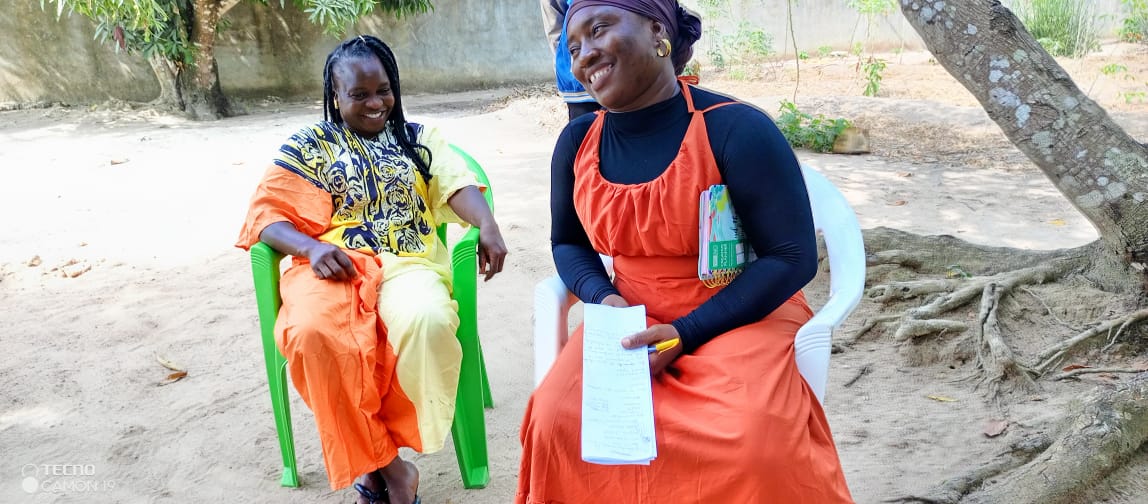





























Comments